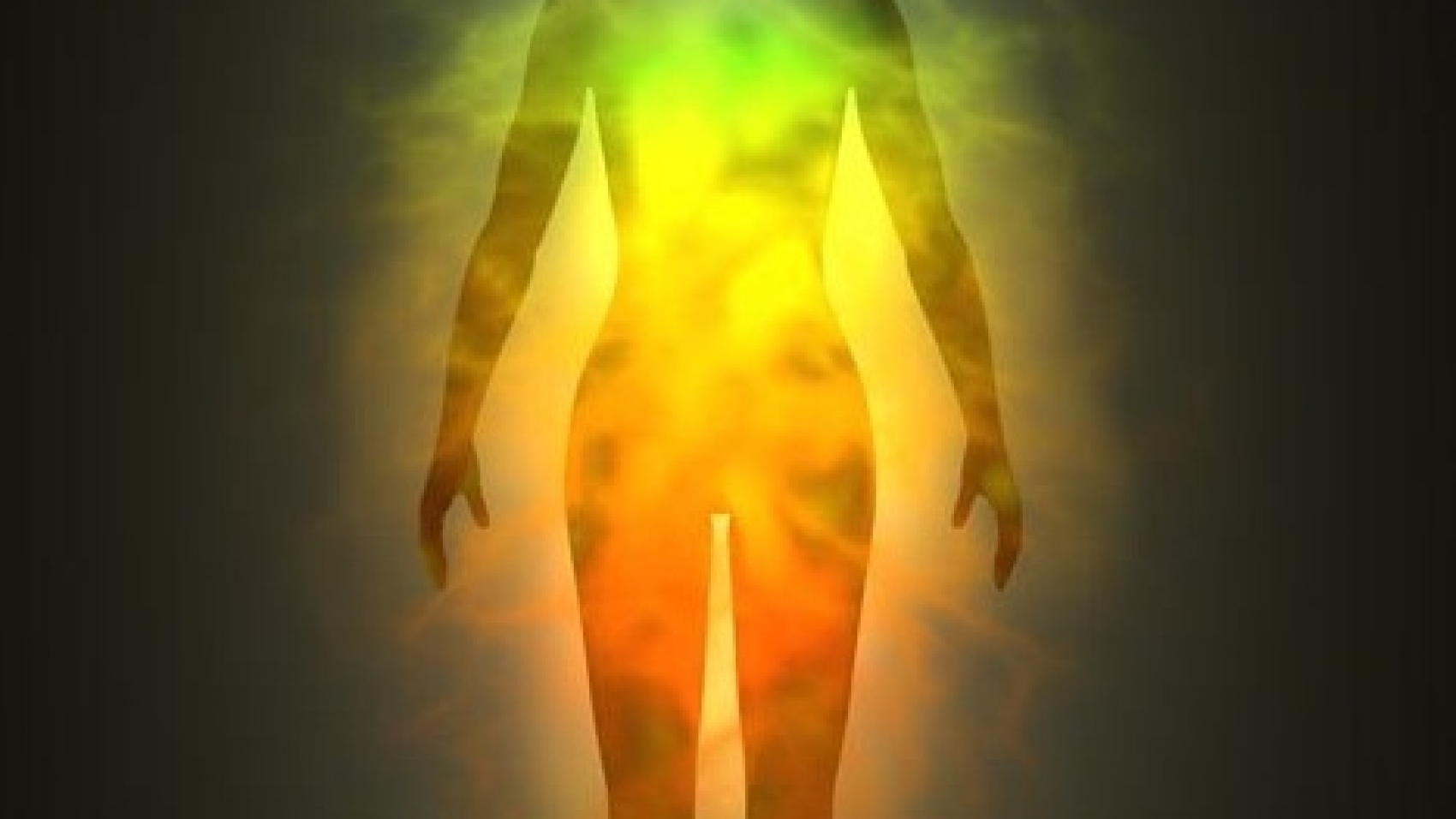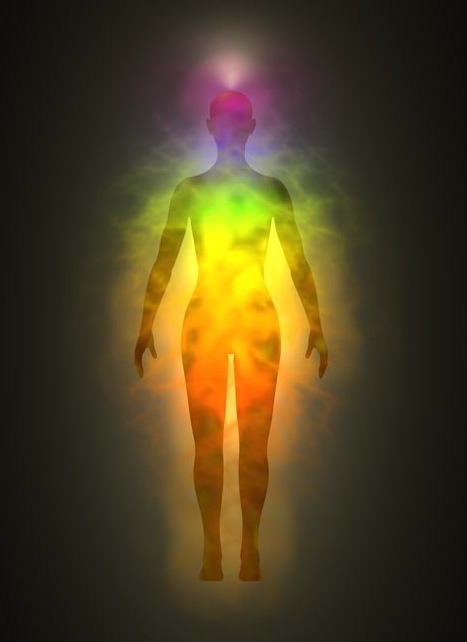7 Tips for Getting a Friend Through a Divorce
When the Dalai Lama says that his religion is kindness, you may think that he’s being a little simplistic. But have you considered what it means to be kind? It means really listening to others, allowing your friends to open their hearts and listening to their problems without judging them, then finding the right response that may lead them gently in a new direction.
A classic time to be truly kind is when one of your friends is going through a relationship breakup. The end of a relationship is one of the most difficult upheavals many people will ever face. It’s an emotional roller coaster that you would like to help your friend survive, but how do you do that?
Here are 7 tips for how you can help your friend navigate this emotional mine field.
- Be careful not to assign blame. Your friend may be blaming his soon-to-be ex, thus fanning the flames of anger. Or he might be blaming himself for failing to keep the relationship alive and healthy, and is angry at himself and guilt-ridden. You can remind him that not all relationships are meant to last forever, and the romantic relationship can transform into one of friendship, which is especially important if children are involved. Suggest he find a place where he can express his anger safely and release his guilt, such as in group therapy.
- Encourage your friend to express her feelings, whatever they are. If she’s being stoic, remind her that emotions that aren’t expressed can get trapped in the body where they can do physical harm. She can take up beating pillows or kick boxing or going down to the beach to holler at the waves, whatever it takes to let the emotions run their course.
- Help him understand that this is a period of significant loss. Loss of a significant other can be worse than death, and requires a mourning period and great personal adjustment. Grief is normal. He may be losing all their mutual friends, where he lives, even his pets. Remind him he has the opportunity to gain a better understanding of who he is by himself, without having to defer to another, an understanding of what he really wants in life, and what he needs to do in order to heal himself. All of which require time.
- Reassure your friend that her sex life doesn’t end when the relationship does; in fact, it may improve. She is still attractive (no matter how old she is) and worthy of finding love again, when she is ready. Her self-esteem need not be lessened by divorce, and there’s no need to “prove” her desirability by jumping into another relationship right away. And if your friend is of the gender of your own preference, don’t think jumping into bed with him/her is an act of kindness, it’s not. Stick to being friends without “benefits.”
- Help him with practical matters that may be new to him, like setting up a kitchen and cooking. He’d probably love help with moving, getting settled in the new place and making new friends. Above all, stay in touch with him so he doesn’t feel alone.
- It’s very therapeutic to watch others going through the same things you are. Watch movies with your friend that can help her express what she’s feeling, from “The First Wives Club” and “War of the Roses” to “Kramer vs. Kramer,” “Waiting to Exhale,” “The Squid and the Whale,” “Wonder Boys,” and a host of others.
- We all “get by with a little help from our friends.” Be the friend who can make your friend laugh.
As Oprah has said, “Lots of people want to ride with you in the limo, but what you want is someone who will take the bus with you when the limo breaks down.” Now that’s the kindness of a true friend.






